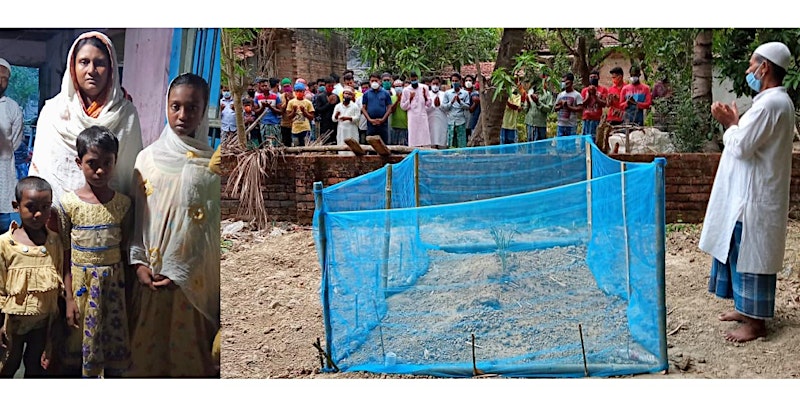Organizing Institution: Brick Lane Circle (BLC)
Contact email: [email protected]
Start Date: October 19, 2021 (8:30pm)
End Date: October 19, 2021 (10:30pm +03)
Cost: Free
Website: https://www.eventbrite.com/e/secular-politics-and-the-communal-outcome-tickets-167479031291?aff=ebdssbonlinesearch&keep_tld=1
– California – United States
The publication of the Sachar committee report (SCR) in 2006 has generated enormous public debates regarding the socio-economic and political marginalization of India’s largest Muslim minority. The SCR is the first official comprehensive document with empirical details of ‘everyday Muslims lives’ in a post-colonial Indian state. This report has not only broken the hegemonic myth of ‘Muslim appeasement’ as propounded by Hindutva politics but also produced the ‘new’ language of democratic articulations using the concepts of social citizenship, representations, and social justice within the democratic framework.
The issues of social justice, development deficits and political deprivation of the Bengali Muslim community have been a subject of considerable debate in the post-Sachar West Bengal. Muslims constitute a substantial size of the state’s population (27.1%) and are thickly concentrated in rural districts of West Bengal. The overwhelming majority of Bengali Muslims are sociologically linked to lower caste/ OBCs (other backward caste/class) and highly engaged with agrarian activities including informal sectors economy. The multiple processes of marginalization of Bengali Muslims based on class, caste, religion, gender and region have pushed the community into a deep cycle of socio-economic and political vulnerability. Based on the extensive fieldwork in rural West Bengal, this paper is an attempt to map the trajectories of marginalization of the Bengali Muslim community in the post-partition West Bengal going beyond the so-called mainstream secular-communal binary of Indian politics.
Abdul Matin is Assistant Professor at the Department of International Relations, Jadavpur University, Kolkata. He has done M.A in Political Science from the University of Hyderabad, M.Phil from the Center for Political Studies, Jawaharlal Nehru University, New Delhi and is presently an advanced PhD candidate at the same centre. Mr Matin has been the DAAD Fellow at the University of Goettingen, Germany. His research interest broadly includes South Asian Islam, Political Sociology of Bengali Muslims, caste, social justice and Minority politics in contemporary West Bengal. He is also the founder member of Bengali Academia for Social Empowerment (BASE).



